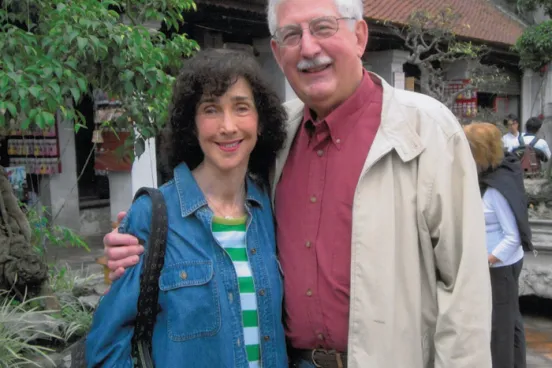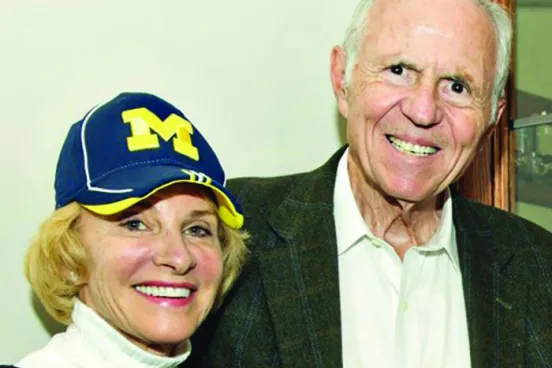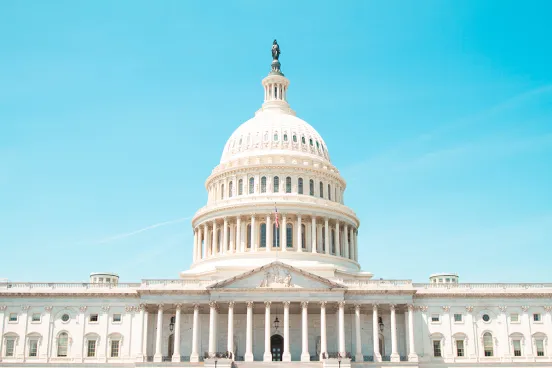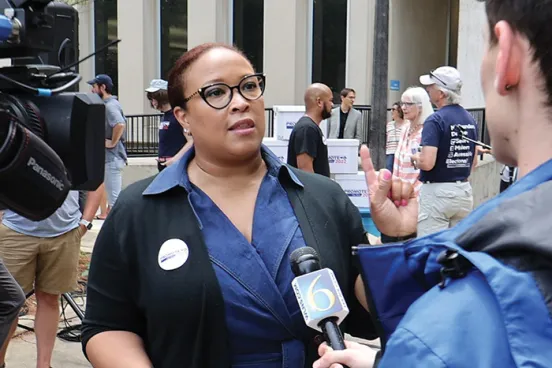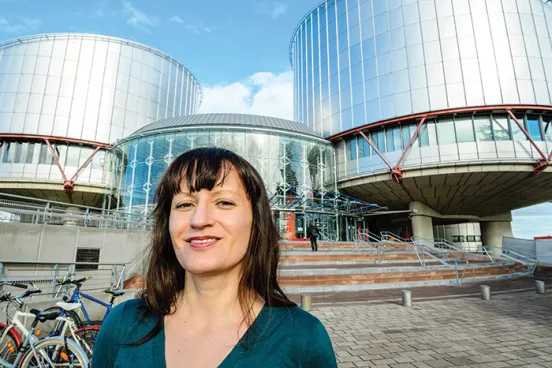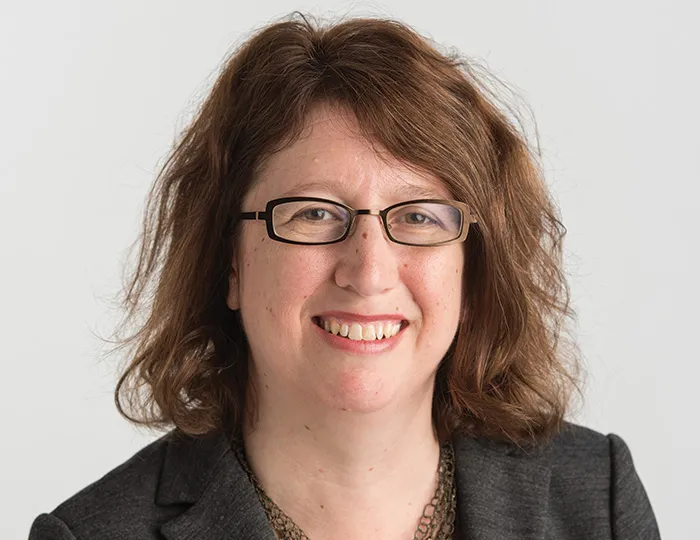
A new project called the Civil Rights Litigation Schoolhouse is helping high school students understand civil rights and the litigation process, and their importance in a democratic society.
“We’re developing resources for high school civics and history classes that can be used to teach a more interesting and sophisticated version of what civil rights really is,” says Margo Schlanger, the Henry M. Butzel Professor of Law, who developed the idea for the Schoolhouse.
The Schoolhouse is an extension of the Civil Rights Litigation Clearinghouse, an online repository of court documents and information related to more than 7,000 civil rights cases dating back to the 1960s.
An authority on civil rights issues (particularly prison and policing reform, and anti-discrimination), Schlanger is the Clearinghouse’s founder and director, and she wanted to make its resources accessible to a younger audience.
Many high schools, she says, teach about civil rights only in the context of racial equality and the Civil Rights Movement of the 1960s, even though civil rights is much broader, encompassing many equality movements, prisoners’ rights, policing reform, surveillance oversight, and other issues.
“High school students learn about civil rights as a 1960s problem that we have solved,” Schlanger says. “Instead, it would be great for them to understand that there have been many civil rights struggles, each one an area of contested progress. Part of understanding their own role as citizens is realizing that they can play a role in those contests.”
Schlanger collaborated with Michigan Law graduate Josh Arocho, JD/MA ’14, and Tamara Shreiner, former chair of the social studies department at Greenhills School in Ann Arbor, to develop the Schoolhouse’s web-based unit plans for teachers. Each unit plan—available at clearinghouse.net/schoolhouse—features multiple lessons and accompanying materials that are drawn from cases and court documents found in the Clearinghouse.
So far, two unit plans have been developed.
The first unit introduces students to civil rights litigation and how it works. In the second unit, students participate in a mock trial related to a case involving the free-speech rights of jail and prison inmates. For both, the goal is to help students learn about the civil rights concepts of equality, liberty, and due process.
Another unit, about gender equality for student athletes, will be posted soon; it includes a mock trial in which plaintiffs challenge their university’s decision to substitute a cheerleading squad for women’s soccer.
“The Schoolhouse not only teaches students about the courts’ efficacy in resolving disputes and protecting rights, but also about the substance of civil rights laws,” adds Arocho, an aspiring civil rights attorney. “These laws are critically important in today’s society, and we should be teaching our students more about why they were enacted, what they look like in practice, and how we can refine them to work better in real-world situations.”




